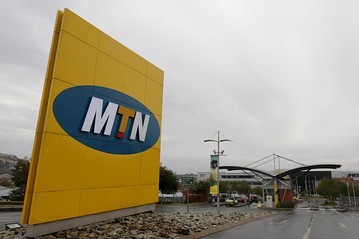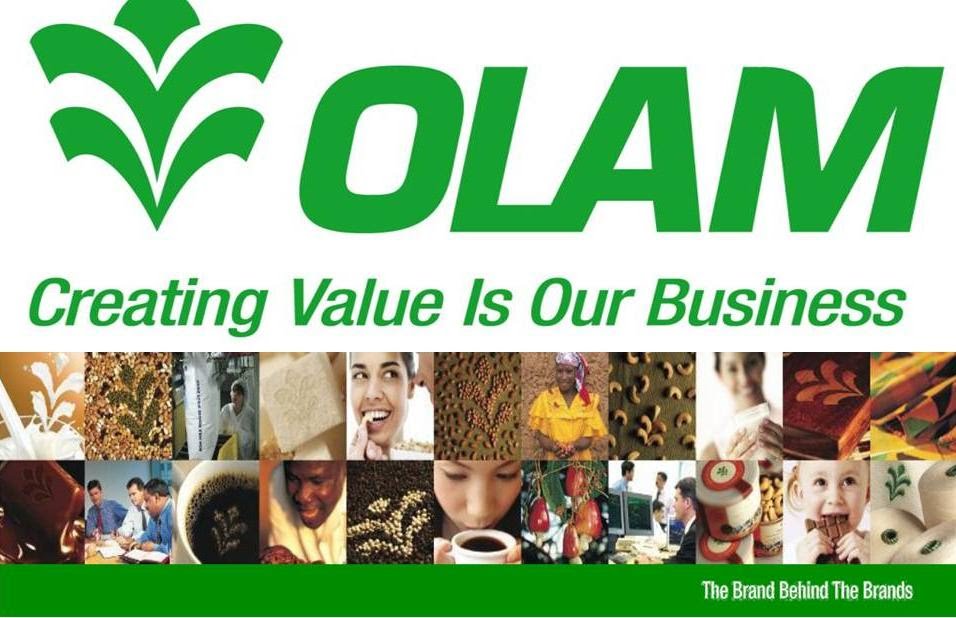Barclays Africa Group has applied for a Nigerian banking licence and wants to take over the Egypt and Zimbabwe units still run by its parent company.
The bank disclosed its intentions on Tuesday after reporting higher profits.
The bank, which has been increasing its staff strength in Lagos in preparation for receiving the licence, said it was in talks with its British group to take over the two African operations left out of a 2013 all-share deal that saw it acquire eight country subsidiaries on the continent.
Zimbabwe and Egypt were excluded from that arrangement because of political crises in those countries at the time.
Advertisement
“We would be keen to acquire those two countries into the portfolio, but it has to be done at a competitive price,” Maria Ramos, the chief executive officer, said.
Barclays, which posted a 10 percent rise in annual earnings by pumping up lending on one hand while squeezing bad debts on the other, said businesses outside South Africa contributed 19 percent of group revenue, just below the 20-25 percent the company is aiming for by 2016 showing that growth in Africa was key to Barclays.
Barclays Africa said diluted headline earnings per share totalled 1,537.5 cents in the year to end-December, from 1,396.6 cents a year earlier while its net interest income climbed 10 percent to 35.6 billion rand ($3.034 bn) while credit impairments contracted 10 percent to 6.3 billion rand ($537 mn).
Advertisement
The bank’s customer base also grew by 7 percent over year, but its shares had fallen 1.8 percent by 1000 GMT, lagging a 0.5 percent drop by the South African banking index.
Barclays seeks to join the likes of Standard Chartered Plc, Standard Bank Group Ltd. and the investment banking unit of FirstRand Ltd., Africa’s biggest bank who all have operating licences in Nigeria
In an interview in Gaborone, Botswana, Temi Ofong, head of corporate and investment banking outside of South Africa for Barclays Africa, had speculated that the Nigerian licensing process could take at least 12 months.
Advertisement
3 comments







Barclays, welcome back to Naija.
Cool!
I want to know if someone that’s stay in UK can assess his or her online banking